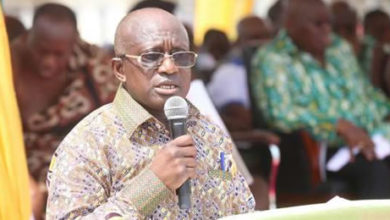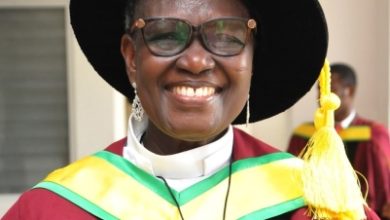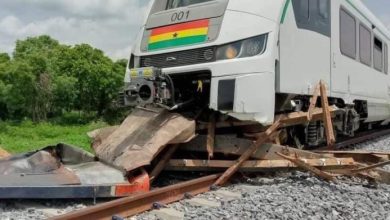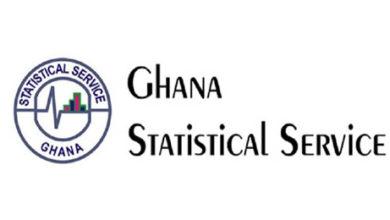Ofori-Atta justifies government’s huge spending on education

Ghana’s Minister of Finance, Ken Ofori-Atta has justified government’s huge investment in the educational sector in the face of the clamour and incessant demands for infrastructural development.
The Minister said developing the human capital is at the core of the government’s national development agenda.
The government has come under intense pressure from the populace for various infrastructure especially roads, which has dominated media headlines for several days.
Residents in different areas across the country have staged demonstrations to impress upon the government to construct for them motorable roads.
But the government has not immediately attended to all of such concerns, however it has continued to make major spending on education, particularly the flagship Free SHS program in spite of financial strain on the nation’s coffers.
A huge pie of the country’s oil revenue is spent on education. In 2017, GH¢8 billion was budgeted for the Education Ministry and it was increased to GH¢9 billion in the 2018 fiscal year.
Some have criticized the government for its posture in this regards but speaking to Citi News, Ken Ofori-Atta said the value of an educated population cannot be quantified hence the government’s investments in the education sector.
“The issue of the human capital development is really at the core of it [Ghana’s development] because in the end, Singapore is not talking about natural resources, it is talking about its human capital to be able to move from $4000 from capita to close to $100,000 now.”
“The social justice, actually, of a citizen having access and being nationalist and patriotic, I don’t think you can put a limiting value on it,” he added.
The Minister further explained emphasized that the model of having the government fully fund infrastructural projects was not sustainable hence his outfit is looking for partners to help it develop the local infrastructure.
“The past practice in which we as a government have to be responsible for all infrastructure, I don’t think it is sustainable. Our challenge at the Ministry of Finance is to find partners for infrastructure development so that we don’t compromise the issue of human capital which leads to not only the knowledge we need to build ourselves but the national cohesion and narratives of a united country,” he said.





